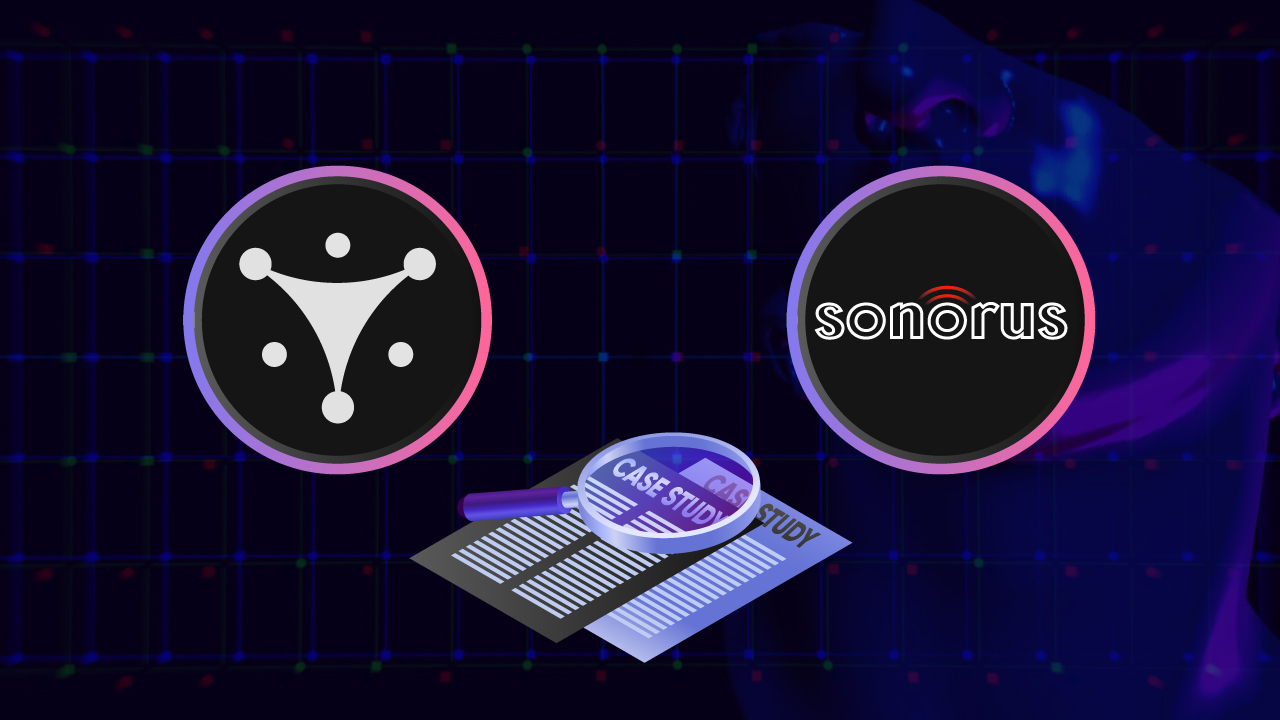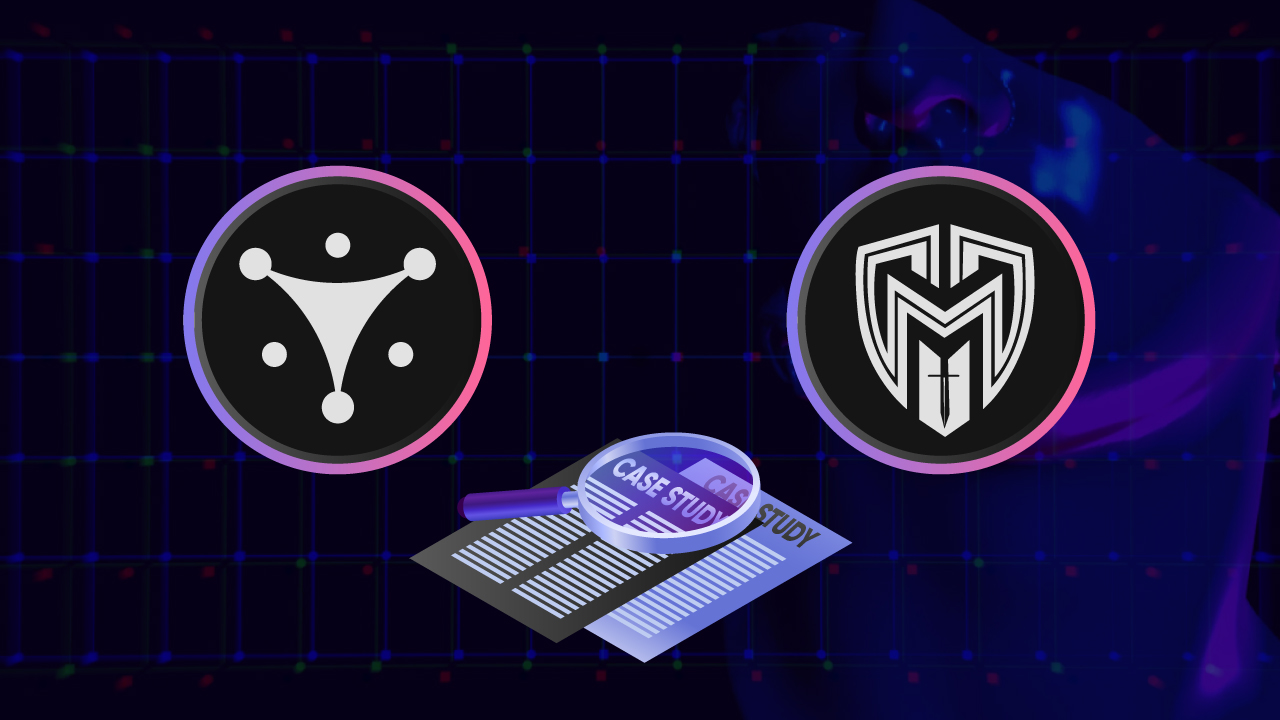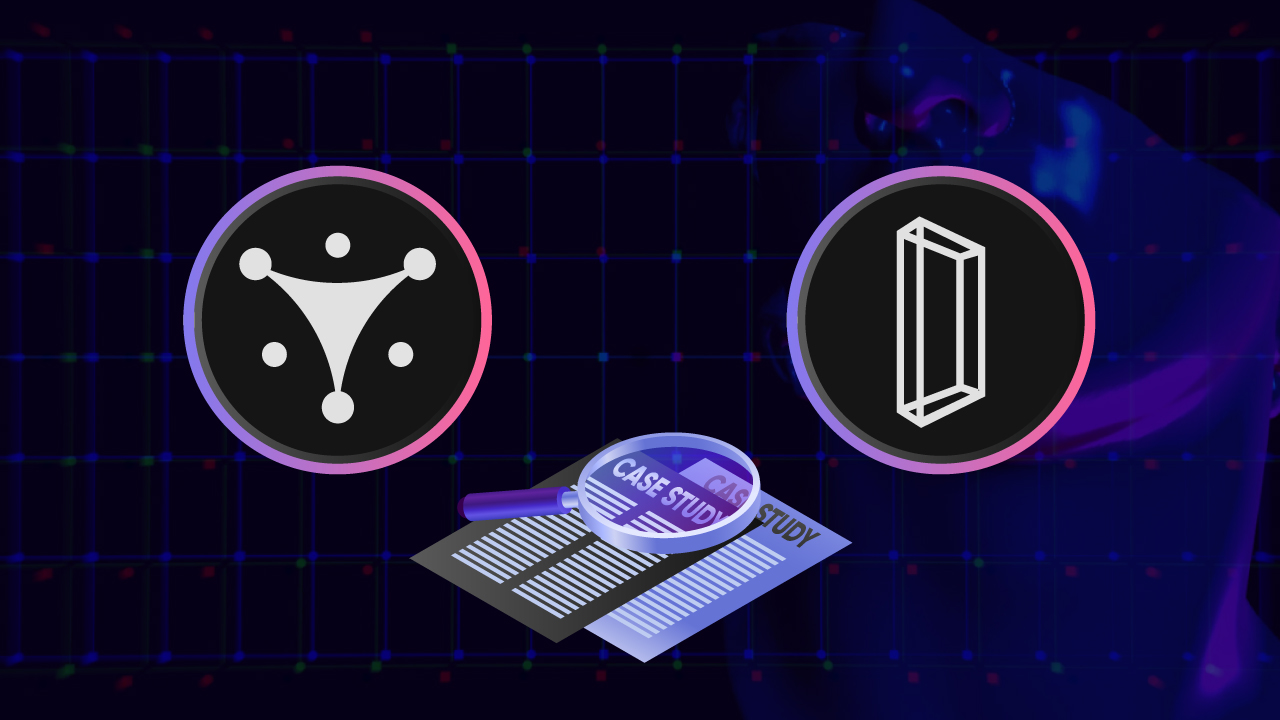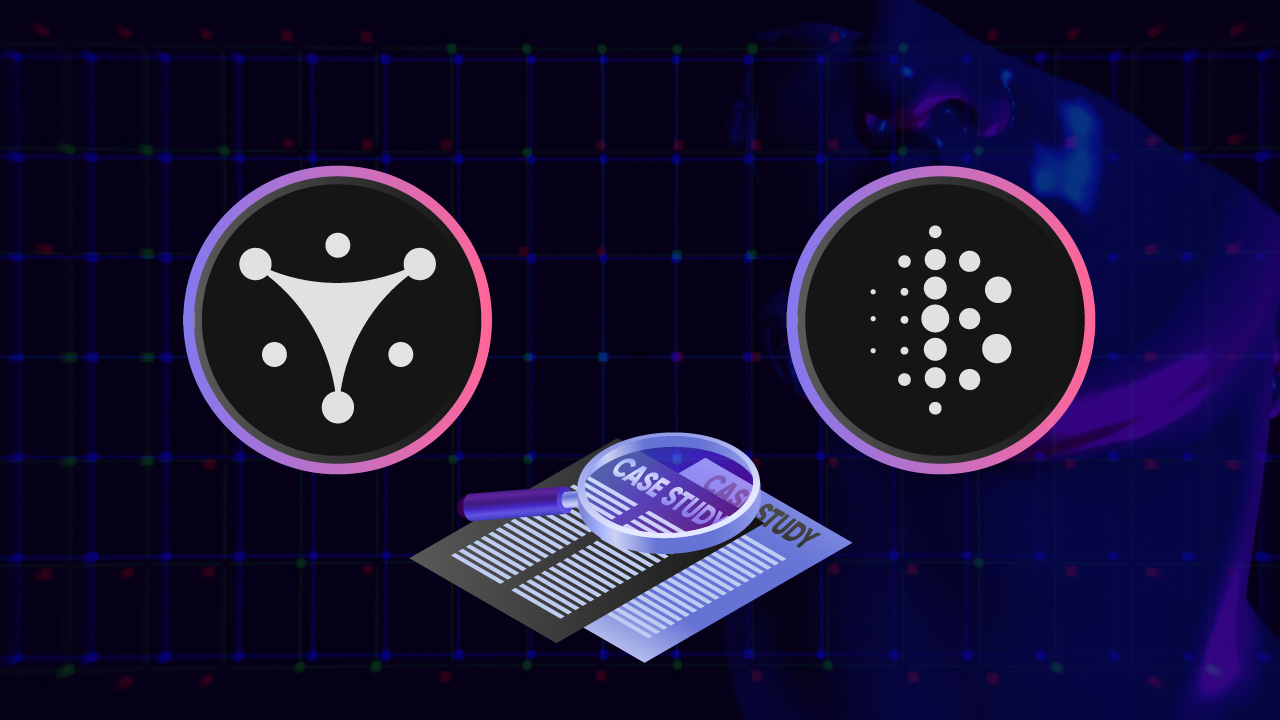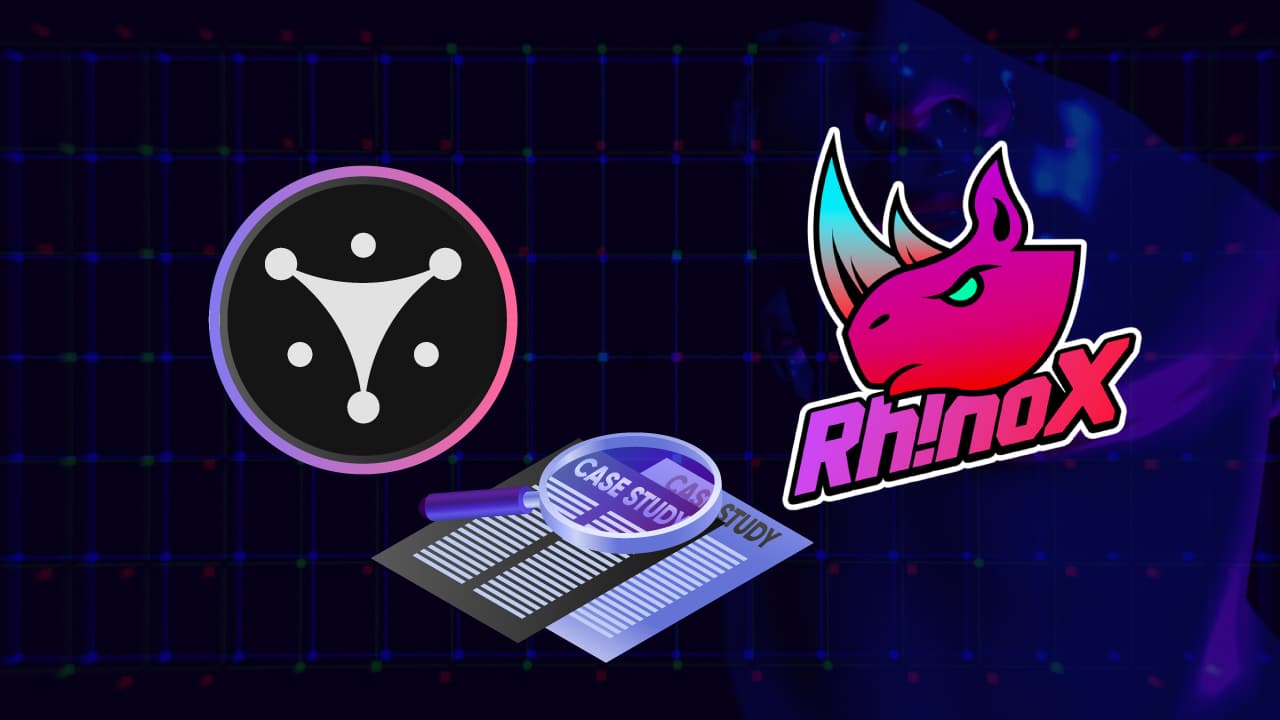What is the Ideal Succession Process for Crypto Projects?

Over the years, the succession of crypto projects raised concerns for both miners and crypto investors. In addition, in the current digital era, cryptocurrency security and the inheritance process have long raised concerns.
Take, for example, the Quadriga case in the early quarter of 2019. Over $100 million worth of BTC was lost due to the founder’s death, Gerald Cotton. He alone had the password to access the assets. As a result, the whole project was crippled, and the platform users also lost their investments.
You might be wondering how this can happen and how well to avoid it. Well, the answer is a lack of an inheritance plan. Having an inheritance plan eliminates such occurrences from happening. If you are a crypto asset owner, making such plans can save your successors a great deal of work, time, and money in recovering them. Also, this limits the cases of crypto assets getting lost.
A quick read through this article can aid in familiarizing you as a crypto enthusiast on specifics of crypto security, accessibility, and succession process for digital assets.
Cryptocurrency Security
Another Futurism article explains a scenario where a miner lost his life in a plane crash in Chico, California, and left behind Bitcoin assets. After his passing, the crypto miner’s father decided to find ways to access the assets, managing to piece together the Bitcoin stash information. Regardless, the decentralized nature of the asset made it impossible to access the crypto wallet.
A digital asset like Bitcoin operates using blockchain and is initially considered a public ledger technology. Transactions made through blockchain technology are ledger entries that are cryptographically verified and later signed to assure security and prevent fraud.
The Bitcoin address, a digital wallet, stores an individual’s bitcoin primarily kept secret, and each wallet holds a 64-private key used in signing all transactions. Moreover, this assures that no other individual can gain access to the wallet. Therefore, the succession process should involve getting the beneficiary a copy of the private key, although it is not a safe strategy.
Other assets like Ethereum 2.0 are also secured by Proof-of-Stake (PoS) mechanism that replaced the initial Proof-of-Work (PoW) mechanism.
The assets have proven highly secure, and the succession process proves necessary in the case of uncertain death. Though these cryptocurrencies might sound very safe, they are not as great as they sound when one dies.
The Succession Process
To effectively ensure the succession of crypto projects, it is highly recommended to follow strategic steps to do it right. In individual assets or company assets, these three steps allow the successors to access the crypto projects easily. The steps include:
Step 1: Engaging the successor
All successors in the planning process should be fully aware of the planning procedure, which should be done in a timely fashion. The earlier they get involved, the more influential the process will be. Identifying a competent successor is the first step in engaging stakeholders. Beneficiaries for individual crypto owners should be trusted allies or family members. They do not necessarily require a background check, just your trust in leaving them your assets.
Step 2: Simulation process
Patience in selecting a reliable successor assures fair inheritance of the assets. For individual assets held by an owner, your successor should be knowledgeable in the cryptocurrency field. They can better understand how to best access, secure, and invest in digital assets. The important understanding here is by having similar assets and knowing how they handle their cryptos. As such, this considerably generates confidence in the beneficiary named.
Step 3: On-boarding the successor
The final step is getting the successor onboard and in line with the succession planning. What happens after naming the successor? Well, between the period of succession planning, taking advantage of the time before succession is vital. For example, a successor of cryptocurrencies needs to get familiar with the assets in place and know how to maintain them.
Cryptocurrency Estate Planning
The top-notch digital currency security presents various challenges involved in cryptocurrency estate planning. In light of this, the most secure way of ensuring beneficiaries inherit the cryptocurrency is by listing it to an individual’s will. The strategy primarily indulges using clear descriptions of the digital currency in a will, describing the digital wallet, device access points such as computers and smartphones. Even the wallet backups need to be included in the will.
Also, leaving the cryptocurrency in a trust ensures the minimal chances of its loss in the event of death. It also ensures security from scammers and hackers and avails the cryptocurrency to a trusted party that manages it. Transferring individual property to a trust is the primary method of the creation of a living trust. It makes a much easier process for the beneficiaries in discovering the cryptocurrency since the digital currencies do not leave much of a paper trail.
However, using a trust implies that the cryptocurrency is documented and the owner makes effective plans in its succession. Another advantage presented in employing a trust in cryptocurrency estate planning is the assurance brought in avoiding the probate process that is primarily a requirement of the law. Using a trust avoids the costly expenses used in acquiring the individual assets left behind in death and includes the crypto investments.
Bottomline
Crypto projects prove to be among the most secured investment projects with their decentralized nature. Regardless, the values of these crypto-assets in the markets increase and reduce depending on various factors. As such, having exchange value and considering them as a storage of value makes it necessary to place a succession plan in death.
A trust account proves to be the best strategy to follow since access is limited only to your beneficiaries. However, this is only after the loss of life. Securing assets is crucial since they represent your digital wealth. Succession plans work effectively in securing future scenarios of loss of life.
One should also ensure their beneficiaries are familiar with the crypto industry and use the assets left behind. Such information is vital, and you can access significant pointers and helpful tips through our service page.





